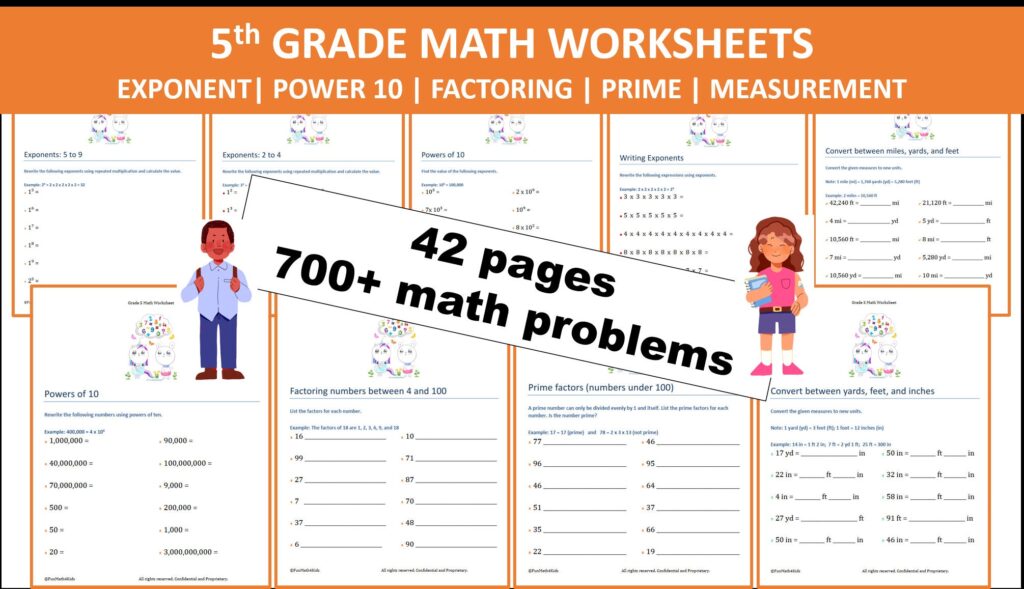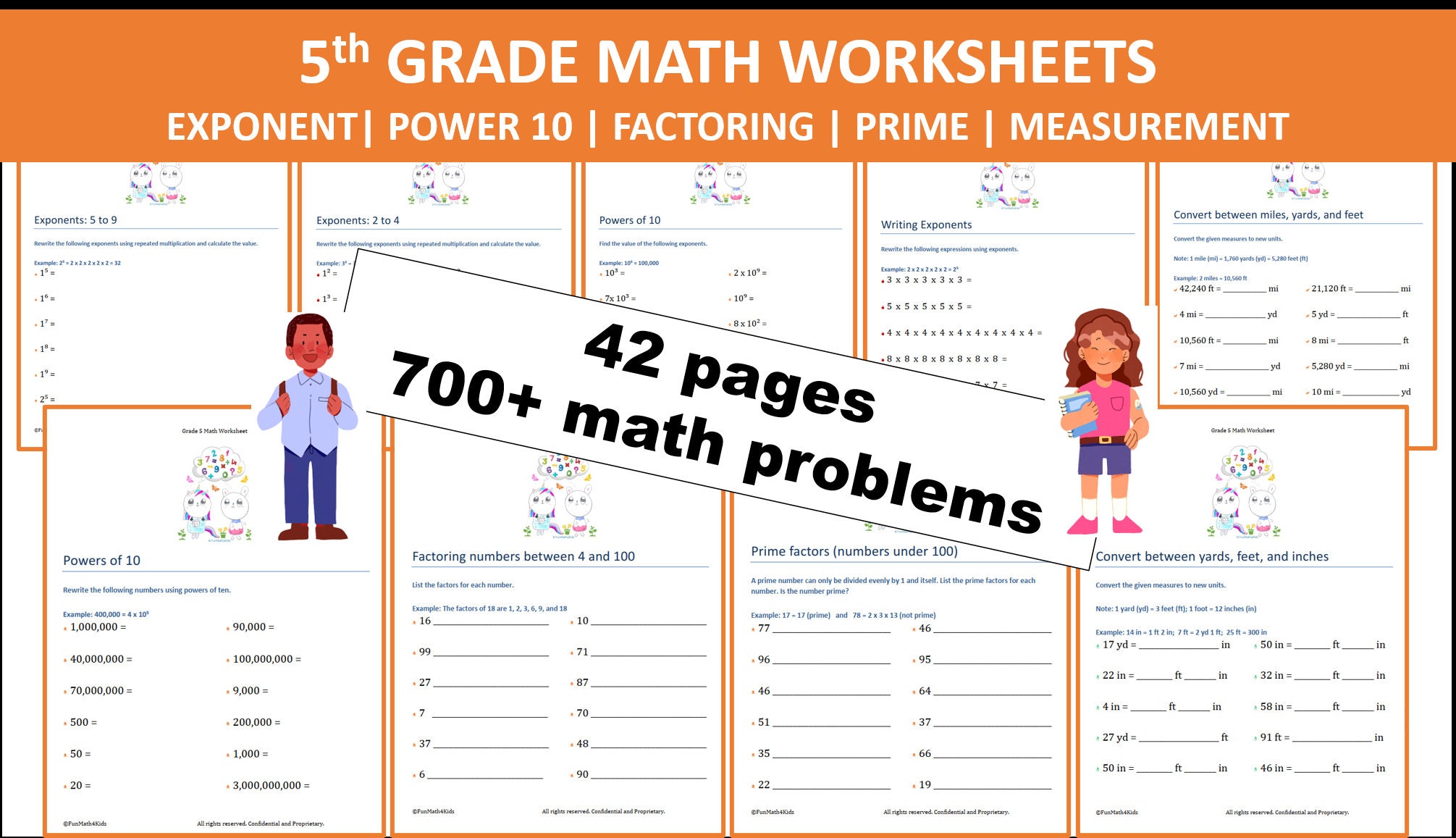
Is 5th Grade Hard? Navigating the Academic and Social Landscape
The transition to 5th grade marks a significant milestone in a child’s academic journey. Often, parents and students alike wonder: is 5th grade hard? The answer, like most things in education, is nuanced. It depends on various factors, including the individual student’s learning style, prior academic preparation, and the support system available to them. This article will delve into the academic and social challenges often encountered in 5th grade, providing insights and strategies for navigating this pivotal year.
Academic Challenges in 5th Grade
Fifth grade is generally considered the final year of elementary school, a bridge to the more demanding middle school years. As such, the curriculum becomes more rigorous, expecting students to take greater responsibility for their learning. Understanding whether 5th grade is hard often comes down to the specific academic subjects. Let’s explore some key areas:
Mathematics
In mathematics, 5th graders typically delve into more complex concepts such as fractions, decimals, and pre-algebraic thinking. They are expected to perform multi-digit multiplication and division fluently. Word problems become more intricate, requiring critical thinking and problem-solving skills. Students who struggled with foundational math concepts in previous grades may find 5th grade is hard in this subject area.
To support struggling students, parents and educators can utilize various resources. These include online math tutorials, practice worksheets, and one-on-one tutoring. Breaking down complex problems into smaller, manageable steps can also be beneficial. [See also: Math Strategies for Elementary Students]
Reading and Language Arts
Reading comprehension skills are heavily emphasized in 5th grade. Students are expected to analyze texts, identify main ideas, and draw inferences. Writing assignments become more demanding, requiring students to develop well-structured essays with clear arguments. Grammar and vocabulary skills are also reinforced. For some, 5th grade is hard due to the increased focus on critical analysis and written expression.
Encouraging students to read regularly and providing opportunities for writing practice can help them improve their skills. Exploring different genres of literature and engaging in discussions about the texts can also enhance comprehension. [See also: Improving Reading Comprehension in Children]
Science
Fifth grade science often introduces students to more complex scientific concepts, such as ecosystems, the human body, and the solar system. Students are expected to conduct experiments, collect data, and draw conclusions. This hands-on approach can be engaging for many, but for others, the complexity of the scientific concepts might make 5th grade is hard.
Making science fun and relatable can help students grasp the concepts more easily. Encouraging them to ask questions, explore their surroundings, and participate in science projects can foster a love of learning. [See also: Fun Science Experiments for Kids]
Social Studies
Social studies in 5th grade often focuses on American history, geography, and civics. Students are expected to learn about important historical events, understand different cultures, and analyze social issues. Memorization of facts and dates can be challenging for some, making 5th grade is hard in this subject.
Using visual aids, such as maps, timelines, and documentaries, can help students visualize historical events and geographical locations. Engaging in discussions and debates about social issues can also make the subject more relevant and interesting. [See also: Engaging Social Studies Activities for Elementary School]
Social and Emotional Challenges in 5th Grade
Beyond academics, 5th grade also presents unique social and emotional challenges. Students are navigating the complexities of peer relationships, developing their sense of identity, and preparing for the transition to middle school. For some, these social dynamics make 5th grade is hard in a different way.
Peer Pressure and Social Dynamics
Fifth grade is a time when peer relationships become increasingly important. Students may feel pressure to conform to certain social norms or to fit in with a particular group. Dealing with conflicts and navigating friendships can be challenging. These social pressures can make 5th grade is hard, especially for students who are shy or socially anxious.
Encouraging open communication and providing opportunities for social interaction can help students develop their social skills. Teaching them strategies for dealing with peer pressure and resolving conflicts can also be beneficial. [See also: Building Social Skills in Children]
Self-Esteem and Identity
Fifth grade is a time when students are developing their sense of self and exploring their identity. They may become more self-conscious about their appearance, their abilities, and their place in the world. This can lead to feelings of insecurity and low self-esteem. For some, the emotional challenges of 5th grade is hard to manage.
Providing positive reinforcement, celebrating their achievements, and encouraging them to pursue their interests can help students build their self-esteem. Creating a supportive and accepting environment where they feel valued and respected is also crucial. [See also: Boosting Self-Esteem in Children]
Preparing for Middle School
Fifth grade is often seen as a preparation year for the transition to middle school. Students may feel anxious about the changes that lie ahead, such as navigating a larger school, having multiple teachers, and taking on more responsibility for their learning. The anticipation of these changes can make 5th grade is hard due to the added pressure and uncertainty.
Providing students with information about middle school, such as visiting the school, meeting the teachers, and learning about the curriculum, can help ease their anxiety. Discussing their concerns and addressing their questions can also be beneficial. [See also: Preparing Your Child for Middle School]
Strategies for Success in 5th Grade
While 5th grade is hard for some, there are many strategies that can help students succeed. These strategies involve a collaborative effort between parents, educators, and the students themselves.
Communication is Key
Open communication between parents and teachers is essential for supporting student success. Parents should regularly communicate with teachers to stay informed about their child’s progress and address any concerns. Teachers can provide valuable insights into the student’s academic and social-emotional development. When parents and teachers work together, navigating whether 5th grade is hard becomes a collaborative process.
Establish a Routine
Establishing a consistent daily routine can help students manage their time effectively and stay organized. This includes setting aside specific times for homework, studying, and extracurricular activities. A structured routine can reduce stress and improve academic performance. Knowing what to expect can make 5th grade is hard feel less overwhelming.
Seek Help When Needed
Students should be encouraged to seek help from teachers, parents, or tutors when they are struggling with a particular subject or concept. Asking for help is a sign of strength, not weakness. Early intervention can prevent academic difficulties from escalating. Recognizing when 5th grade is hard and seeking support is a crucial skill.
Promote a Growth Mindset
Encouraging a growth mindset, which is the belief that intelligence and abilities can be developed through effort and learning, can help students overcome challenges and persevere through difficulties. When students believe that they can improve, they are more likely to embrace challenges and persist in the face of setbacks. A growth mindset can transform the perception of whether 5th grade is hard.
Encourage Extracurricular Activities
Participating in extracurricular activities, such as sports, music, or art, can provide students with opportunities to develop their talents, build social skills, and pursue their interests. These activities can also help reduce stress and improve overall well-being. Engaging in enjoyable activities can make 5th grade is hard feel more balanced and manageable.
Conclusion: Is 5th Grade Really That Hard?
So, is 5th grade hard? The answer is complex and depends on the individual student and the support they receive. While 5th grade presents academic and social-emotional challenges, it also offers opportunities for growth, learning, and development. By implementing effective strategies and fostering a supportive environment, students can navigate the challenges of 5th grade and thrive in this pivotal year. Ultimately, with the right support and mindset, students can overcome any difficulties and view 5th grade is hard more as an opportunity than an obstacle. Understanding the potential difficulties and preparing proactively can make all the difference. The key is to recognize that while 5th grade is hard for some, it is also a crucial stepping stone towards future academic success and personal growth. Remember that 5th grade is hard can be a subjective experience, and focusing on individual needs and strengths is paramount. Therefore, let’s reframe the question: instead of asking “is 5th grade hard?”, let’s ask “how can we best support students in 5th grade?”

